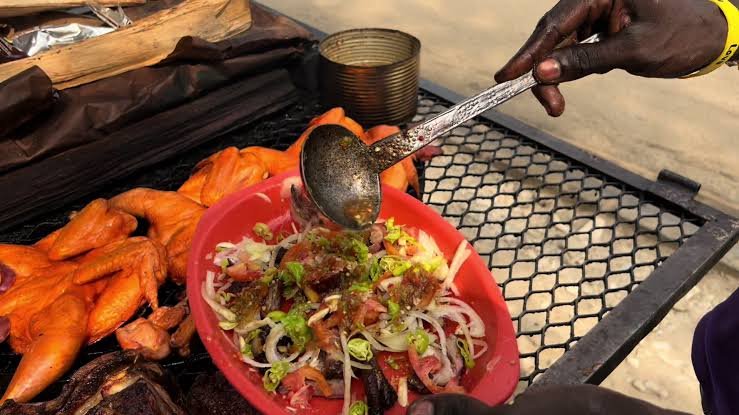Attiéké, a beloved Ivorian dish made from fermented cassava flour, has been added to UNESCO’s list of intangible cultural heritage, celebrating its deep cultural significance and traditional roots.
Often referred to as “Ivorian couscous,” attiéké is a staple in many households, commonly enjoyed with grilled fish, chicken, and vegetables. Originating from coastal regions centuries ago, it has grown in popularity across West Africa.
The dish holds a special place in community ceremonies such as weddings, baptisms, and funerals, and is a vital source of income for many women. Its preparation, a time-intensive process passed down through generations, includes peeling, grating, fermenting, and steaming cassava roots. These traditional skills, also recognized by UNESCO, highlight the dish’s importance in preserving cultural identity.
Ramata Ly-Bakayoko, Ivory Coast’s UNESCO delegate, described attiéké as “a pillar of identity” for Ivorians, embodying both culinary and cultural heritage.
This year, UNESCO also honored Japanese sake alongside attiéké, emphasizing the global significance of safeguarding traditional practices.
Attiéké’s fame, however, has not been without controversy. In 2019, a Burkinabé entrepreneur’s award-winning version of the dish sparked outrage in Ivory Coast. To protect its identity, a regional trademark was established, ensuring attiéké’s authenticity remains tied to its Ivorian origins.
With its recognition, attiéké stands as a testament to Ivory Coast’s rich cultural tapestry and its contribution to global heritage.



